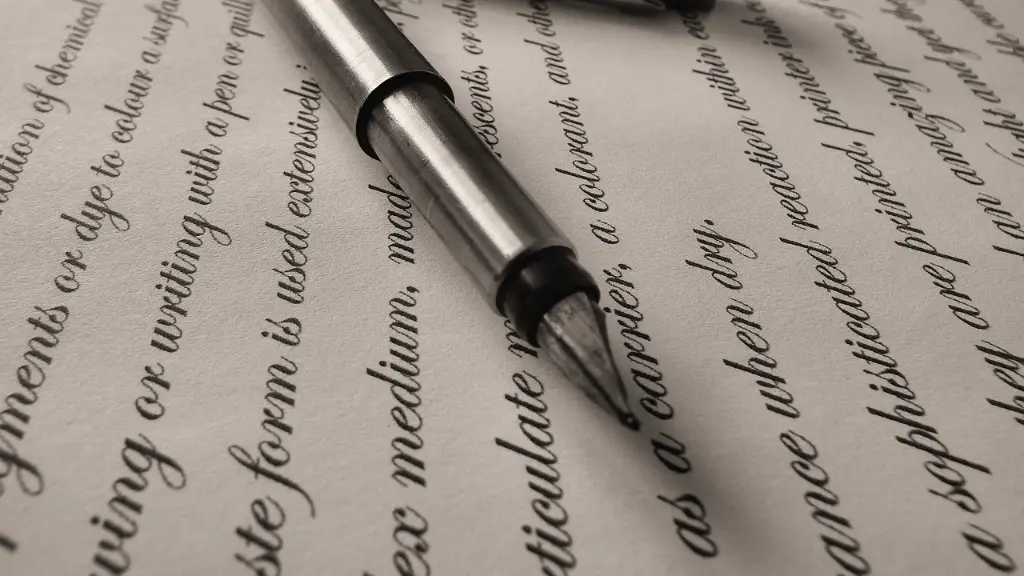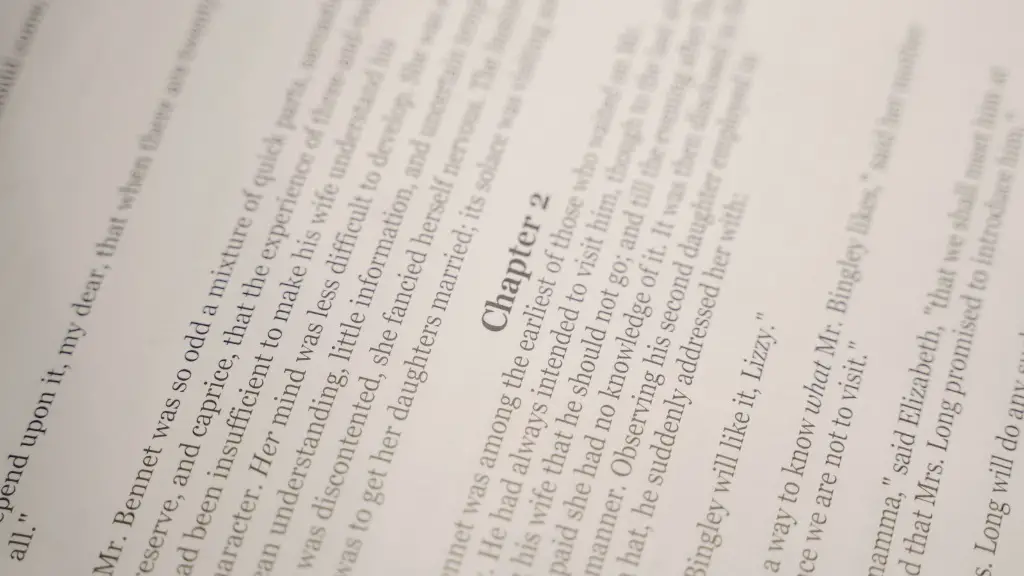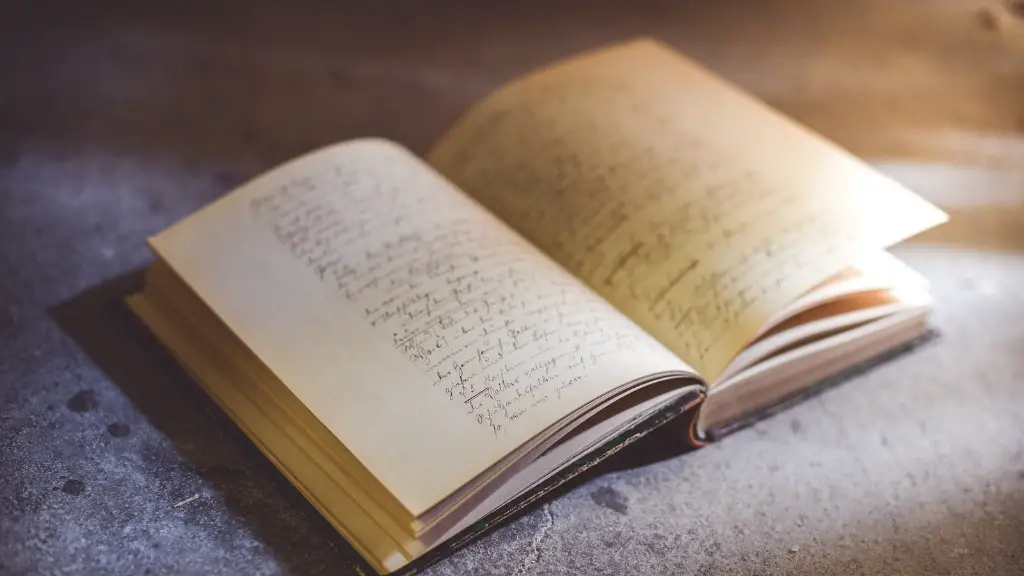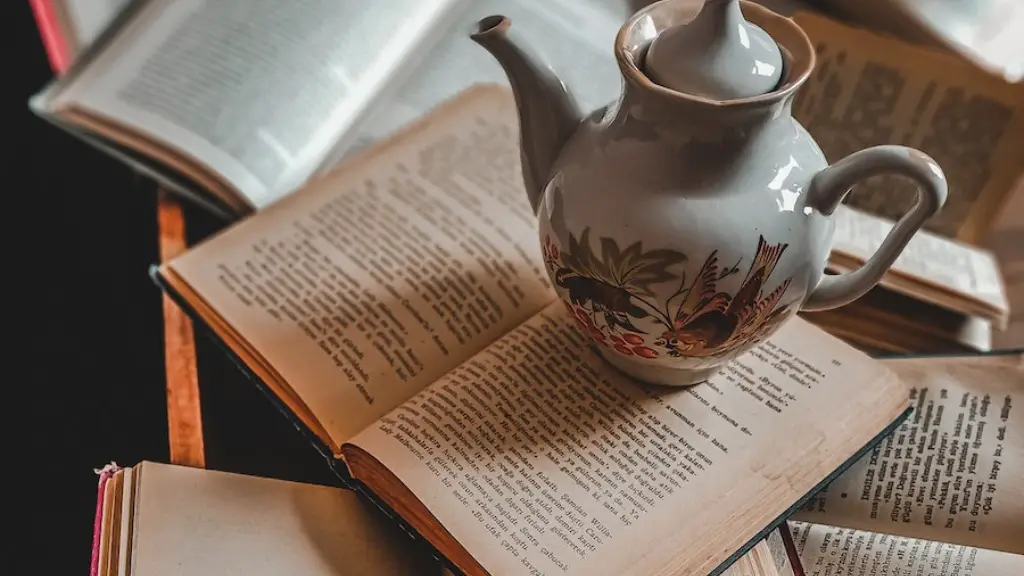Oral poetry is one of the oldest forms of literature known to mankind. It has been a part of our culture for centuries, and its impact can still be seen in many works of literature today. Oral poetry is defined as poetic literature that is spoken and not written, as opposed to written poetry. It has a unique set of characteristics that make it one of the richest forms of literary expression. Below we examine some of the characteristics of oral poetry that make it so special.
Style
The most obvious characteristic of oral poetry is its style. It is typically characterized by a great deal of poetic imagery and figurative language, such as metaphors and similes. This provides the poem with its own distinct aesthetic, making it stand out from other forms of literature. Additionally, the use of traditional forms such as ballads and sonnets can be seen in oral poetry. This can provide structure while also making the expression of the poem more immediate and powerful.
Rhyme and Rhythm
Rhyme and rhythm are also essential elements of oral poetry. Most oral poems employ a specific rhyme scheme, often using end rhymes or internal rhymes. Rhythm is also important, as the meter of the poem impacts its overall flow and impact on the listener. Rhyme and rhythm are often used to emphasize certain points in the poem as well as to make it easier to remember.
Performance
Oral poetry is unique in that it is often performed, rather than recited. This can involve the poem being sung, recited in an act of storytelling, or even used in musical theatre. This energized delivery of the poem is part of what makes it so memorable and powerful. The performer is often able to bring their own interpretations to the poem and make it their own through performance, creating a one-of-a-kind experience.
Subject
Oral poetry often focuses on certain themes, such as love, history, and nature. This provides the listener with a heightened experience as they can relate to what is being expressed and find deeper meaning in the words. The themes and ideas presented in oral poetry can often be adapted for different audiences and ages, giving the poems an added layer of versatility.
Interpretation
The interpretation of oral poetry can be a tricky thing. For example, a poem can have one meaning when read, yet the meaning can be drastically changed when performed or heard. This can lead to a variety of different interpretations and meanings, which allows for a wide range of conversations and discussions to be had.
Legacy
The legacy of oral poetry is undeniable. It has been around for centuries and has continually impacted our culture and literature. It has also been used to communicate ideas, stories, and histories, which can be seen in the works of classical poets like Homer and Virgil. This legacy demonstrates the power of oral poetry and its ability to touch our hearts and minds.
Impact on Modern Society
The impact of oral poetry on our society can still be felt today. Its use of figurative language and unique style have been adapted in modern literature and poetry, giving us a sense of the past and our connection to it. Its influence can also be seen in popular culture, such as music and film, where lyrics, monologues, and spoken soliloquies can often evoke great emotion and bring to life unique stories.
Utility of Oral Poetry
Oral poetry is one of the most versatile forms of literature, as it can be used in a variety of different contexts. Whether it is to tell a story, express an idea, commemorate an event, or simply entertain, oral poetry has the ability to move people in powerful ways. This is why it continues to be an important part of our culture.
Value of Oral Poetry
The value of oral poetry lies in its power to unite. By providing a platform for communication, it can be used to bring together people of different backgrounds and genders. It can also provide insight into cultures, politics, and even history, giving us a glimpse into the worldviews of different societies. This makes oral poetry one of the most enlightening and valuable forms of literature.
Benefits of Oral Poetry
Oral poetry is a powerful force that has numerous benefits. Not only is it entertaining, moving, and inspiring, but it is also educational. It can provide us with knowledge of different cultures, expanding our horizons and understanding of the world around us. It can also help us express our thoughts and feelings in a meaningful way, connecting us with one another on a deeper level.
Limitations of Oral Poetry
Despite its many benefits, oral poetry does have a few limitations. It can be difficult to preserve, as the poet must continuously repeat the same poem for it to remain intact. Additionally, it is not as easily understood by everyone as written poetry, as it requires a great degree of understanding of both the form and the message of the piece. Lastly, it can be very hard to keep track of changes and updates of the poem if it is continually updated or altered.



